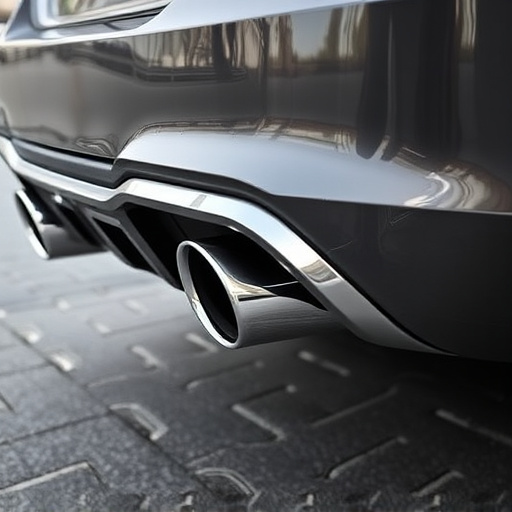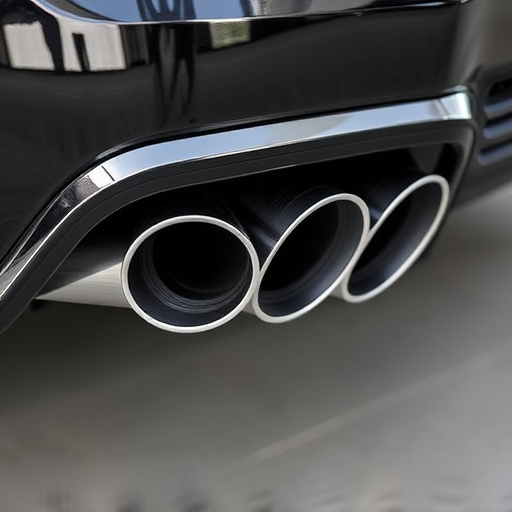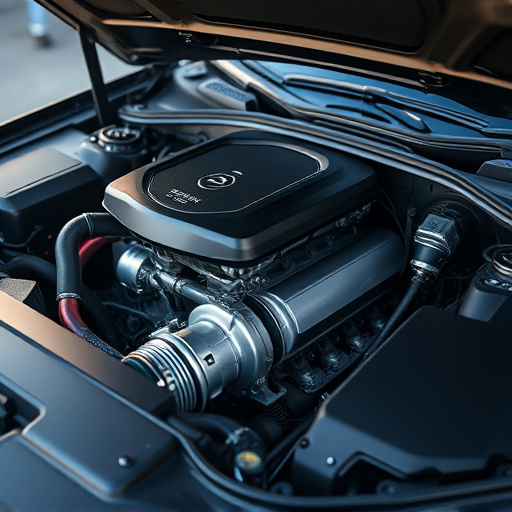A washable air filter is an eco-friendly alternative to disposable filters, offering substantial environmental advantages by cutting down on waste. These filters not only minimize landfill strain but also boost vehicle performance through sustained optimal airflow and engine efficiency after multiple cleanings, thus saving costs and reducing the ecological impact linked to frequent disposals.
In today’s quest for sustainable living, understanding the environmental impact of everyday choices is crucial. One often overlooked area is indoor air quality, where disposable air filters contribute significantly to waste generation. This article explores an eco-friendly alternative: washable air filters. We’ll delve into their benefits, from reducing waste to enhancing air purification capabilities, and provide a guide on choosing and maintaining these filters for optimal performance, offering a sustainable step towards cleaner air.
- Understanding the Impact of Disposable Filters on Waste Generation
- Benefits of Washable Air Filters: A Sustainable Alternative
- How to Choose and Maintain a Washable Air Filter for Optimal Performance
Understanding the Impact of Disposable Filters on Waste Generation

Disposable air filters have long been a common practice in maintaining indoor air quality, but their environmental impact cannot be overlooked. These single-use filters are typically made from materials like foam and paper, which, when discarded, contribute to significant waste generation. With an estimated global consumption of billions of disposable filters annually, the accumulation of non-biodegradable waste poses a growing concern. This issue is especially pertinent in regions with stringent environmental regulations, where proper disposal methods for such filters are not always readily available.
The emergence of washable air filters offers a sustainable alternative that can substantially reduce waste associated with traditional filtration systems. By eliminating the need for frequent disposal, these reusable filters not only lower waste output but also provide long-term cost savings for consumers. Moreover, the durable design of washable air filters ensures they can outperform their disposable counterparts in terms of both efficiency and longevity, making them a compelling choice for those seeking effective air purification while minimizing environmental impact.
Benefits of Washable Air Filters: A Sustainable Alternative

A washable air filter offers a sustainable alternative to disposable filters, providing numerous benefits for both indoor and outdoor environments. One of the key advantages is its eco-friendly nature; by eliminating the need for frequent disposal, these filters significantly reduce waste, thereby minimizing their impact on landfills. This simple change can contribute to a greener lifestyle as it encourages a circular economy where resources are reused and recycled.
Moreover, washable air filters can enhance vehicle performance when used in cars and other machinery. Unlike disposable filters that require regular replacement, washable ones can be cleaned and reused multiple times, ensuring optimal airflow and engine efficiency. This not only saves costs but also reduces the environmental footprint associated with frequent filter replacements, mirroring the care taken for other vehicular components like brake pads and muffler tips.
How to Choose and Maintain a Washable Air Filter for Optimal Performance

When choosing a washable air filter, opt for one designed specifically for your vehicle’s make and model to ensure proper fitment and optimal performance. Check that it’s made from high-quality materials that can withstand frequent washing and drying without compromising efficiency. Look for filters with a good MERV (Minimum Efficiency Reporting Value) rating, which indicates its ability to capture tiny particles like dust, pollen, and smoke.
Proper maintenance is key to keeping your washable air filter in top shape. Regularly clean it according to the manufacturer’s instructions, usually by hosing it down or placing it in a washing machine. Allow it to air dry completely before reinstalling it. Avoid using harsh chemicals or abrasive materials that could damage the filter media. Additionally, inspect the air intake system for any debris or contaminants and replace any worn-out intake components for continued efficiency.
The widespread use of disposable air filters contributes significantly to waste generation, underscoring the need for sustainable alternatives. A washable air filter offers a compelling solution by reducing waste and promoting environmental stewardship. By choosing a reusable option, individuals can make a conscious decision to minimize their ecological footprint while enjoying clean indoor air. With proper care and maintenance, these filters provide long-lasting performance, proving they are a wise investment for a greener future.














